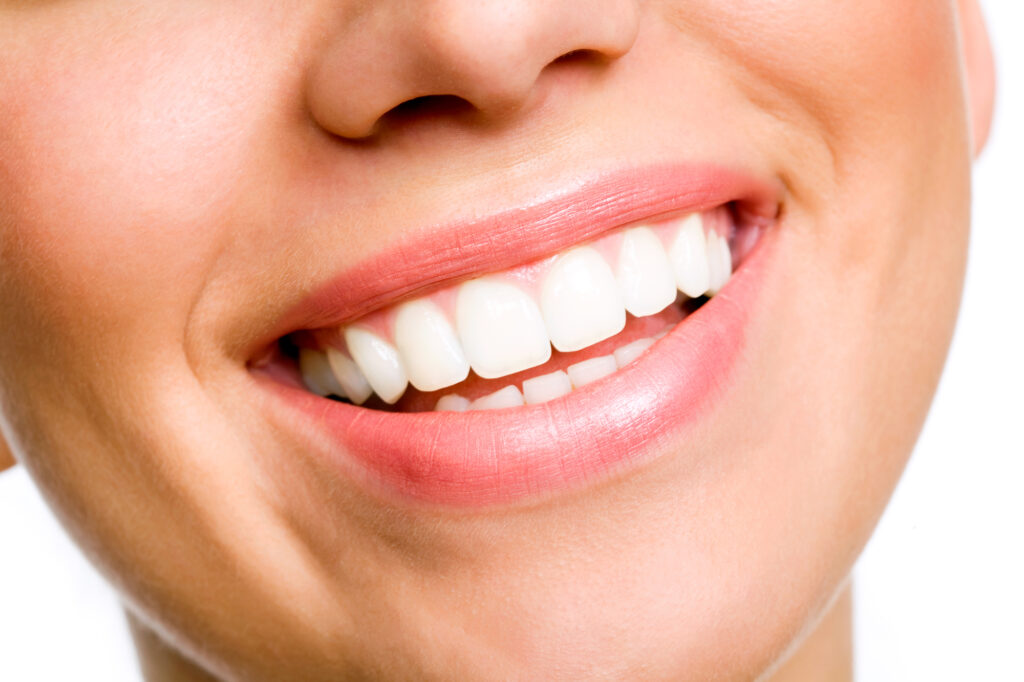Smiles are universal expressions of happiness and joy. They transcend language and culture, instantly conveying warmth and positivity. But have you ever wondered about the science and psychology behind smiles? Our dentist in Austin, TX, is here to tell you 10 fascinating facts about smiles that might just make you grin a little wider.
Want to show your smile some extra love? Contact Dr. Helen Ragsdale at Austin Laser Dentist in Austin, TX, at (512) 346-4690 to get top-rated care from trusted and experienced dental professionals near you.
1. Smiles are Pretty Universal
Across the globe, smiling serves a purpose. That’s why it seems to be so ingrained in our biology. In fact, studies have shown that even blind individuals who have never seen a smile exhibit similar facial expressions when they feel joy.
2. Babies are Born with the Ability to Smile
Within weeks of their birth, babies can smile in response to stimuli like a loving touch or a gentle voice. These “social smiles” are a crucial part of early human development, helping babies bond with their caregivers.
3. Smiles Are Contagious
Ever noticed how difficult it is to resist smiling when someone else does? At Austin Laser Dentist in Austin, TX, we sure do!
This phenomenon is called “emotional contagion,” and it’s one of the reasons why smiles are so powerful. When we see someone else smile, our brain releases endorphins, creating a positive feedback loop of happiness.
4. It Takes Fewer Muscles to Smile Than to Frown
It’s true – smiling actually requires fewer facial muscles than frowning. That’s right, smiling is both energy-efficient and fun!
5. Smiles Can Boost Your Mood
Not only are smiles a reflection of happiness, but they can also be a catalyst for it. The act of smiling triggers the release of dopamine and other feel-good hormones in the brain. So, even if you’re not feeling particularly cheerful, forcing a smile can help improve your mood.
6. Smiling Can Make You Look Younger
When you smile, your facial muscles lift upwards, creating a natural facelift effect. As an added bonus, people tend to perceive individuals who smile as younger and more attractive.
7. Smiles Are Evolutionary Tools
The ability to smile might have evolved as a way for our ancestors to signal non-aggression and cooperation. A friendly smile could have helped early humans build trust and form social bonds, which were essential for survival.
8. There Are Different Types of Smiles
Duchenne smiles (named after the French neurologist who studied them) are genuine, heartfelt smiles that involve both the mouth and the eyes. Non-Duchenne smiles, on the other hand, only engage the mouth muscles and are often insincere or forced.
9. Smiles Are Linked to Longevity
Research suggests that people who smile more frequently tend to live longer lives. This could be because the act of smiling reduces stress and boosts the immune system, contributing to overall health and longevity.
Enhance Your Smile at Austin Laser Dentist in Austin, TX
Smiles are much more than just expressions of happiness – they are a powerful tool for improving our own well-being and a means of connecting with others. If your smile needs a little extra TLC, schedule an appointment with Dr. Ragsdale here or call us at (512) 346-4690. We can’t wait to see your smiling face!

